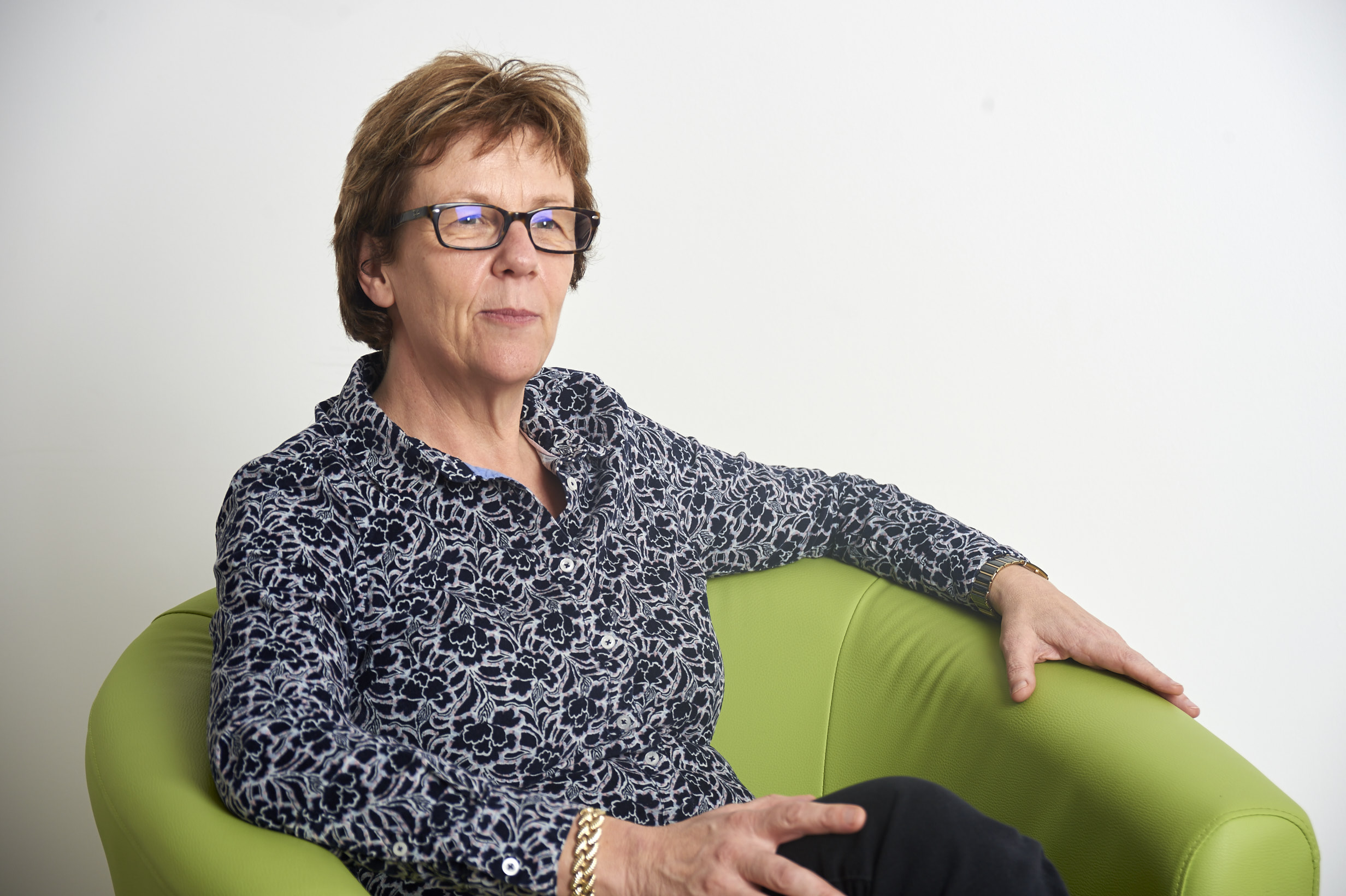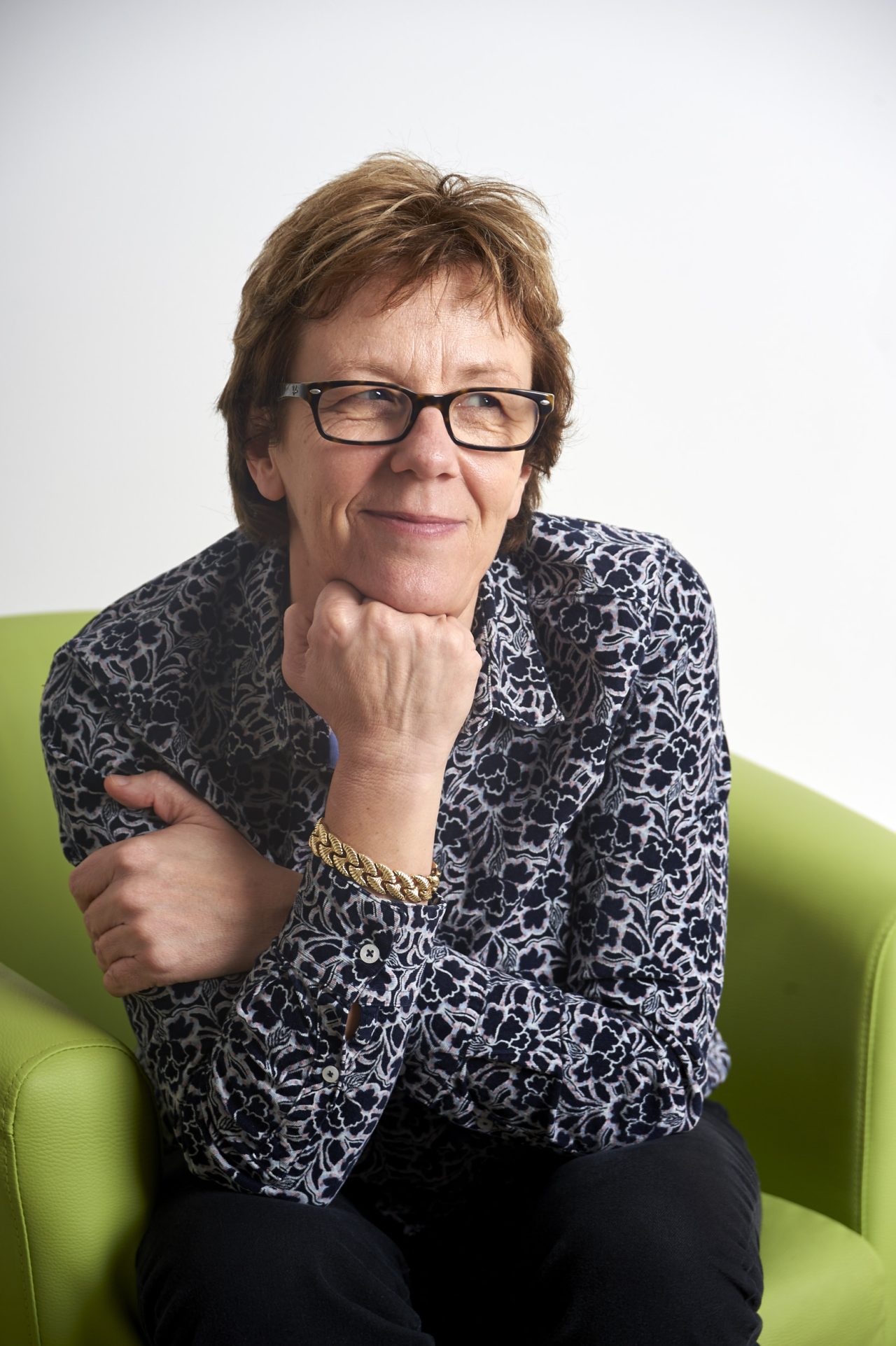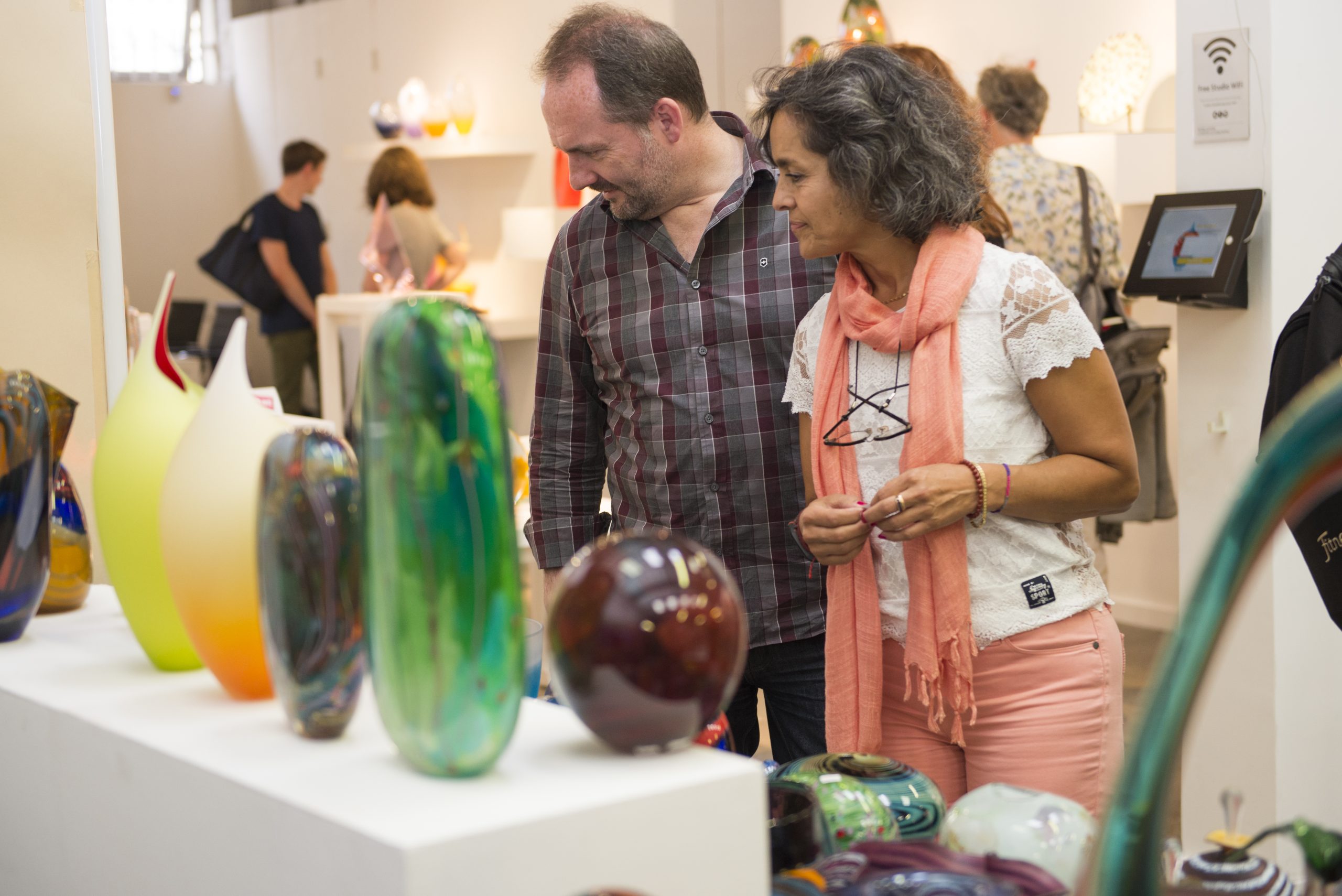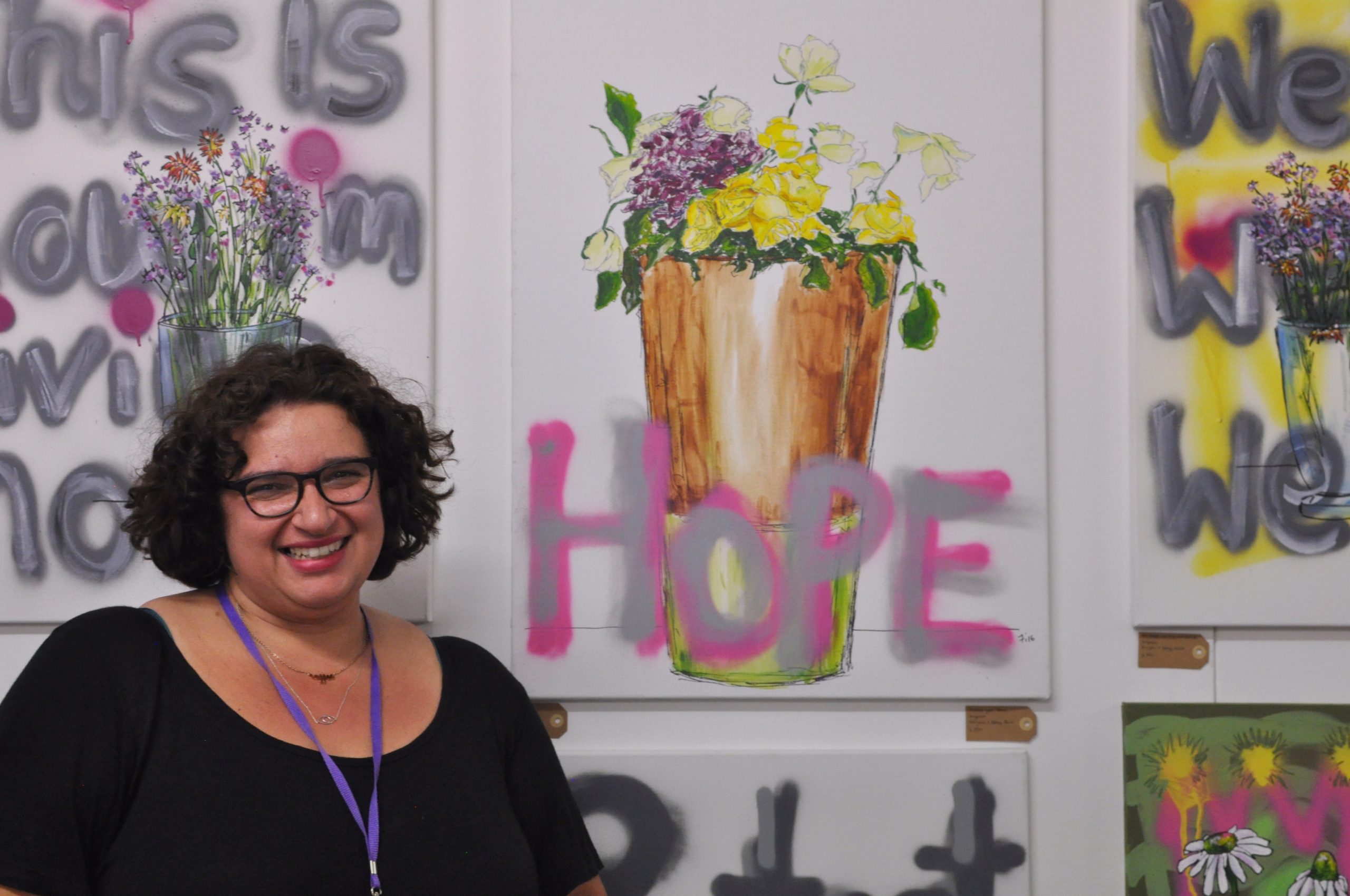We recently appointed award-winning businesswoman and champion of the arts, Susie Warran-Smith CBE as our new Chair. Susie shares her story with us in the following Q & A.
Read on to learn all about her incredible work empowering women in business, her take on the biggest challenges faced by UK creatives today, why she wanted to join Creative United, and much more…
Could you share an overview of your professional background and the key milestones that have shaped your journey so far?
I started my career at a time when women were expected to make the tea, not run the show. So naturally, I built my own business from scratch with no funding, no fancy mentors, just grit, mainly because there weren’t really any alternatives. Admittedly, I was a bit slow and didn’t start this until I was 55, but I eventually sold it to Ernst & Young so to be honest, I’m pretty proud of that. That experience taught me a lot about resilience, innovation and the reality of building something from the ground up. Since then, I’ve focused on supporting others, particularly women and small businesses, to do the same. I’ve served on boards across the public and charity sectors and was honoured to receive a CBE for services to small businesses. I’m now a Deputy Lieutenant of Kent which allows me to continue to work on initiatives that support social and economic inclusion through entrepreneurship.
So much of your work has been about empowering women in business. Can you tell us about some of the ways in which you have carved out space for women to feel supported and empowered in their professional lives?
For many years, I’ve mentored women who are starting or scaling their businesses. I have been helping them navigate challenges, build confidence and access support networks. I also wrote Swimming On My Own, an honest account of my journey as a female entrepreneur. I did this in the hope that it would offer both insight and encouragement to others who are doing the same. Sometimes, just seeing someone else who has been through it can make all the difference, especially someone who has made so many mistakes. I’m also honoured to be working with so many organisations that actively promote equity in all its forms and support inclusive economic growth.
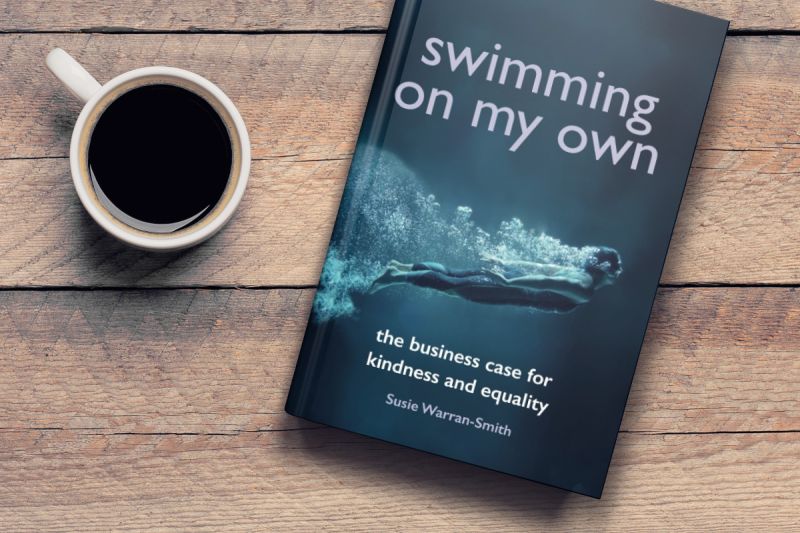
In your view, what are the most pressing challenges currently facing creatives in the UK?
One of the biggest challenges is financial sustainability. That is, how to turn talent and passion into a viable livelihood. Too many creatives find themselves stuck between producing amazing work and not being able to earn a consistent fair income from it. There’s also the issue of access, whether that’s to funding, networks or training, and the need for better support everywhere, but especially outside of London and the South East. We need to do more to ensure creative careers are open and achievable for people from all walks of life. As to AI? That’s an interesting one. It’s early days and to be honest, I am not sure if this is a massive threat to creatives or something we can embrace and utilise better than anyone else. I need more time to work this one out, but as ever I am an optimist and see it as an opportunity.
Over the course of your career, what have been the most notable shifts or transformations within the creative economy?
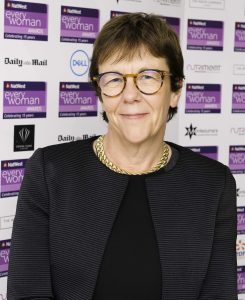
Susie Warran-Smith at the NatWest awards
The digital revolution has changed everything, from how creatives distribute and promote their work to how they connect with audiences and earn a living. There are more opportunities than ever, but also more uncertainty. The pandemic had a profound impact on creative livelihoods, and we’re still feeling the effects. I think there’s now a greater awareness of how important the creative industries are to the economy, but we need to keep pushing for long-term investment and infrastructure to support that. In fact, I need to reframe that . . . being inventive, inquisitive, searching for interesting solutions, thinking outside the box is a natural for us, and that is what the new world is going to need. As mundane tasks get automated, us imaginative, intuitive people will be needed more. Machines think in linear ways, creatives don’t.
How did your relationship with Creative United begin, and what motivated you to take on the role of Chair?
I was familiar with Creative United’s work through their support for small creative businesses, and I was impressed by the organisation’s clear mission to combine creativity with practical tools for financial sustainability. That balance of passion and pragmatism really resonates with me. When I saw the Chair role advertised, I rather arrogantly felt that this was MY job. It felt like a natural fit, so I went for it. The interview and selection process was tough, but thankfully I landed this fabulous role. I believe strongly in the power of creativity, not just culturally, but economically, and I want to help shape a more inclusive, supportive landscape for creative talent to thrive alongside our brilliant CEO Mary-Alice.
What aspect of Creative United’s work are you most excited to get involved with? Which programme resonates the most with you?
The most exciting part for me is Creative United’s commitment to helping people make a modest, sustainable living from their creative talents. Not everyone wants to be the next global superstar. You see that a lot, you know the influencer thing and just being famous for being famous on social media, but actually most artistic people I know just want the dignity and security of earning enough to support themselves and their families through doing what they love and are happy to be anonymous in that. Mostly, they’re quiet and shy and modest actually. They can’t help their creativity and will often tell you, it just flows out of them. They can’t stop it. Whether it’s music, art, poetry or inventing things. It’s hard to explain but any artist will know what I mean. So I’m particularly drawn to our Own Art initiative, because it removes barriers and allows people who pour out their artistic expression, to be more accessible to buyers and in turn this makes it economically viable.
Image Credits: Creative United
What do you hope to achieve as Chair of Creative United?
Not to change anything at all. The reach and impact of the organisation with so few people is really impressive. So, I’d like to help Creative United build on extending that reach and deepening that impact. I want to help even more creatives access the support they need – whether that’s finance, confidence, mentoring or business skills. I also want to continue building strong relationships with public and private sector partners to ensure that creative individuals and organisations are recognised as vital contributors to the UK economy and are supported accordingly. So, I guess that means, keep on keeping on!
How do you think Creative United could grow to make an even bigger impact on the UK’s creative economy?
There’s huge potential to look at how we support creatives to build not just artistic careers, but resilient businesses. That’s my thing really, turning creatives into business people. Not in a ruthless, boring way, but just understanding the principles so they can earn a decent living. It means continuing to innovate with finance models, collaborating with other sectors and ensuring that our programmes reflect the diverse realities of creative work today. The more we listen to the creative community and tailor our approach to their needs, the greater the impact we’ll have. The Creative United team and board are pretty impressive, I really hope I can add to that.
